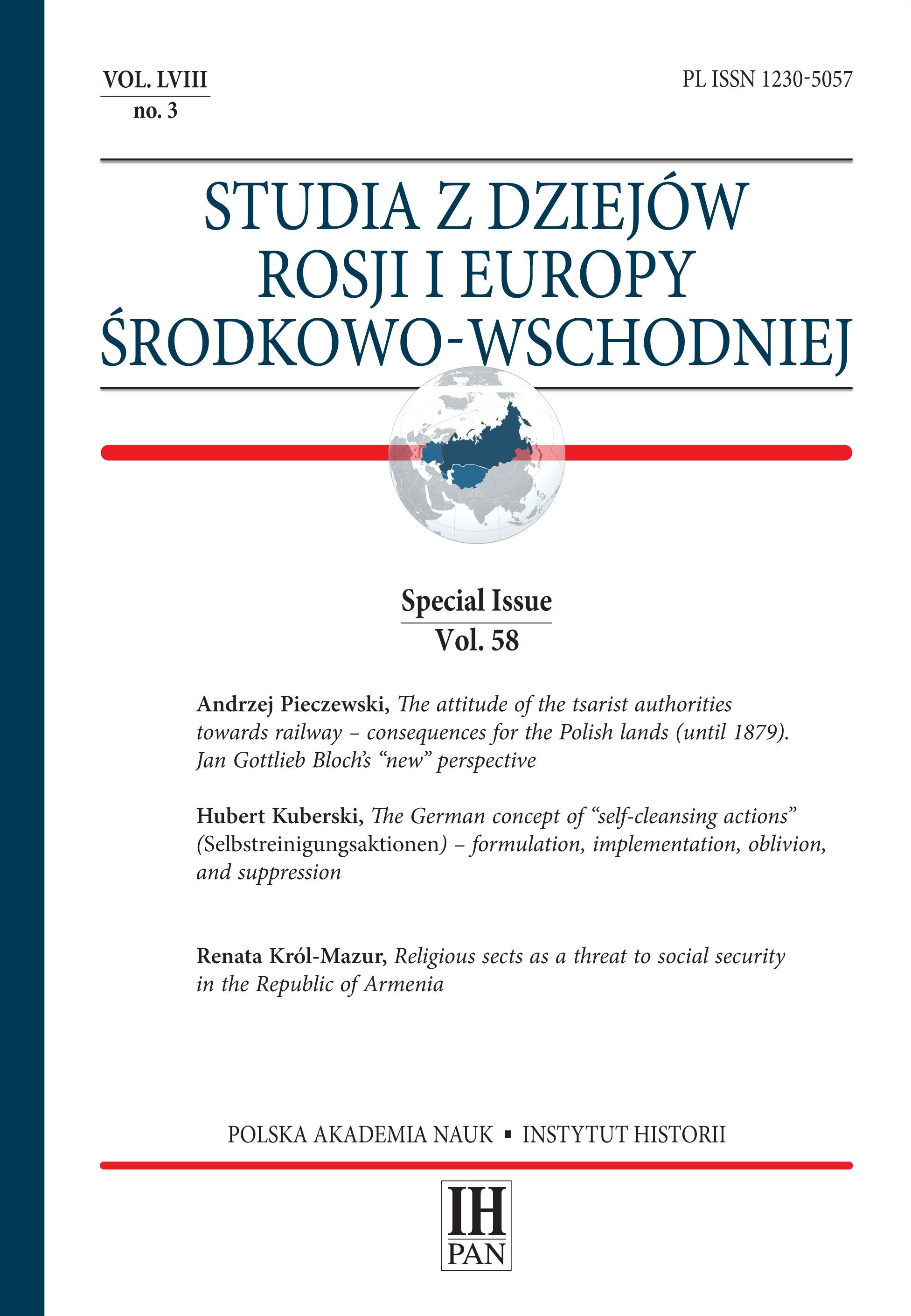
The impact of processes of long duration on the cultural potential for economic development in the peripheries of the European Union
Streszczenie: Czynnikami kulturowego potencjału rozwoju są: zamkniętość elity, styl kierowania, zaufanie i konserwatyzm. Opracowanie koncentruje się wokół dwu pytań badawczych: 1) Czy czynniki kulturowe mają wpływ na rozwój gospodarczy? 2) Czy czynniki kulturowe ważne dla rozwoju gospodarczego są efektem procesów długiego trwania, czy obecnego dostosowania się do pozycji w międzynarodowym podziale pracy? Badanie polega na porównaniu krajów, w których powstał kapitalizm (Anglia, Holandia) z krajami gospodarki folwarcznej (Czechy, Polska, Słowacja, Węgry). Wskaźnikami pozycji w międzynarodowym podziale pracy są: sektor usług biznesowych, przemysł i rolnictwo. Wskaźnikami rozwoju są: produktywność i PKB per capita. Badanie oparto na Europejskim Sondażu Społecznym (Round 6–8), danych OECD oraz Eurostatu. Czynniki kulturowe są skorelowane z rozwojem gospodarczym. Analiza regresji wykazała, że dla kulturowego potencjału prorozwojowego ważniejsza jest historia niż obecna pozycja w międzynarodowym podziale pracy. Wyniki badań wskazują na jednostronność teorii centrum–peryferie, która przeszacowuje siłę wpływu centrum na niedorozwój peryferii.
Abstract: Th e factors of cultural potential for economic development are: elite exclusion, management style, confi dence, and conservatism. Th is study focuses on two research questions: (1) Do cultural factors aff ect economic development?; (2) Do cultural factors of signifi cance to economic development derive from long-duration processes or from current adaptations within an international distribution of labour? Th e study compares countries where capitalism originated (United Kingdom, Netherlands) and historical manorial economies (Czech Republic, Poland, Slovakia, Hungary). A country’s position in the international distribution of labour is indicated by its business service sector, industry, and agriculture. Economic development is measured based on productivity and GDP per capita. Th e study is based on data from the European Social Survey (ESS Round 6–8), OECD, and Eurostat. Cultural factors correlate with economic development; a regression analysis demonstrates that in terms of development, history matters more for cultural potential than does the current position in the international distribution of labour. Survey results indicate that the core-periphery model is one-sided, overemphasising the infl uence the core has on the underdevelopment of the peripheries.




